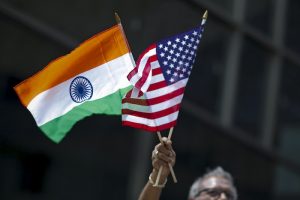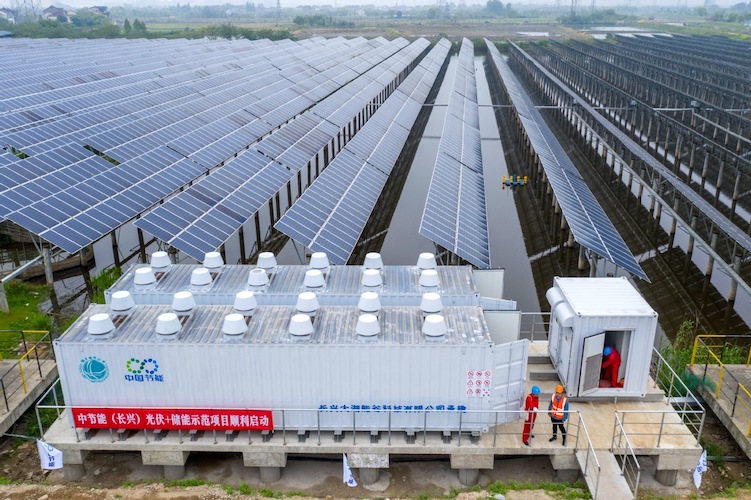•India must rescue nation’s third-largest telecom carrier: analyst
•Competition from Mukesh Ambani’s Jio shook up the industry
(AF) Reeling under a mountain of debt and virtually abandoned by its biggest shareholders, India’s Vodafone Idea appears to be in a death spiral.
On Wednesday, after failing to convince the Indian government to bail it out, Indian backer Kumar Mangalam Birla, who holds almost a 28% stake, stepped down as its non-executive chairman. In April he had offered to hand over his stake to the government, saying the company was at an “irretrievable point of collapse.’’
Also on Wednesday, the UK’s Vodafone Group, which holds a 44% stake in VI, ruled out a further infusion of funds for the ailing telecommunications carrier, India’s third-largest behind Jio and Bharti Airtel.
“It is a highly stressed situation that they are trying to navigate,’’ Vodafone Group CEO Nick Read said in a conference call. “I want to make it very clear we are not putting any additional equity into India.”
Things looked so different back in 2017 when Vodafone and Birla’s Idea agreed to merge their companies in a massive $23 billion deal. The company commanded about a 44% share of the market back then and looked well placed to counter the brash upstart Jio, which was shaking up the industry.
So how did it all go so badly wrong? Analysts pinpoint the following three key reasons:
1: Government Charges
Many of VI’s problems stem from what’s called Adjusted Gross Revenue Payments, essentially a licensing fee, and so-called Spectrum payments for use of the airwaves.
VI owes the government more than $8bn in cumulative fees for AGR and spectrum and another $2.3bn in dues will accumulate by April 2023, when it must commence repayments. Telecommunications companies including VI have long argued that fees should be charged only on their core services, but the government levies them on that, plus everything from rent to interest income and dividends.
Seeking a revision, VI and Bharti Airtel took the case to the Supreme Court, which ruled against them July 23.
“The AGR demand has come as a death knell for VI,” said Mumbai-based Shiv Putcha, founder and principal analyst at Mandala Insights, an independent telecom analyst firm.
2: Debt Drag
Add debt accumulated from investments ploughed into infrastructure over the years and VI is left with a $30 billion drag on its performance. That in turn left it with a deteriorating network because of its inability to invest in new infrastructure. As a result, analysts say Jio and Bharti Airtel are able to offer subscribers better connectivity, faster internet speeds and wider coverage. VI’s market share has thus tumbled from about 44% in 2017 to just 28% in February.
3: Jio
With the benefit of hindsight, the beginning of what increasingly looks like VI’s imminent end may have dawned on 5 September 2016, when Jio exploded onto the India market. Owned by Asia’s richest man, Mukesh Ambani, it was ready to invest tens of billions of dollars into the company and quickly set about providing customers with superior infrastructure, and a wider range of services at some of the cheapest prices in the world. So far, it’s invested about $40 billion, a sum VI and other competitors can only dream about. It’s pushed prices to rock bottom, too, undercutting any chance VI had of paying off its debt.
What to Do?
Many analysts say only the government can fix the mess. They urge it to step into the fray and bail out VI, while also revamping the AGR system to relieve the drag on operators. VI still accounts for about a quarter of subscriptions and revenues and the country can’t afford to waste such network capacity, says Mahesh Uppal, a director at ComFirst, a regulation and policy consultant in New Delhi.
“The government must bail out VI by nationalising it through a merger with Bharat Sanchar Nigam,’’ said Uppal, referring to the state-owned telecommunications company. “The ball is, therefore, in the court of the regulator and the government.’’
- Indrajit Basu
This story was updated on August 7 with a new photograph.
























